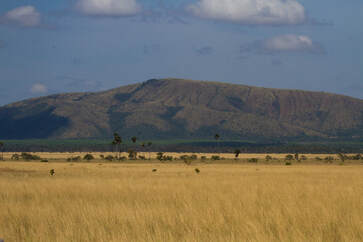CIEE NEWS
 01.06.2022 | Top News 01.06.2022 | Top News
Macrofungal conservation in Canada ....click for more.
|
Identifying traits by merging phylogenetic comparative methods and SEMs ...click for more
Lake salinization drives consistent losses of zooplankton abundance ...click for more
|
Bridging the divide between forecasts and decision making...click for more
|





